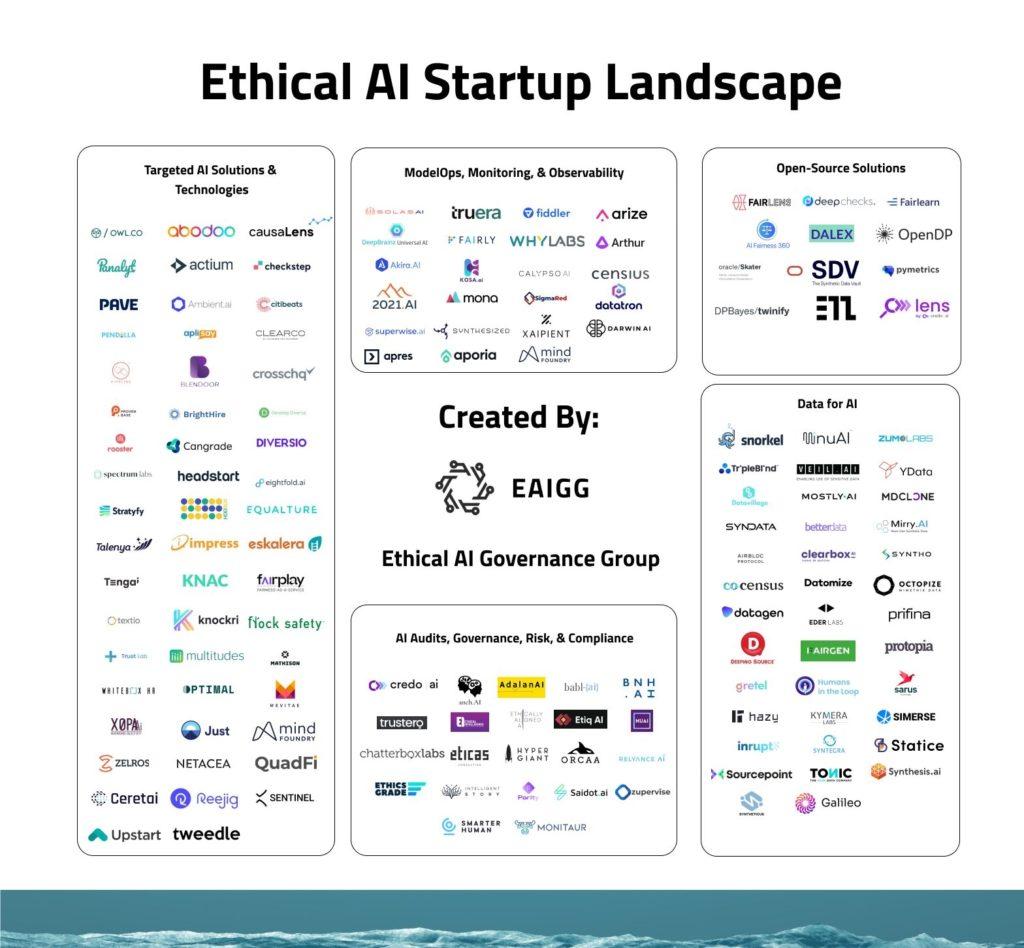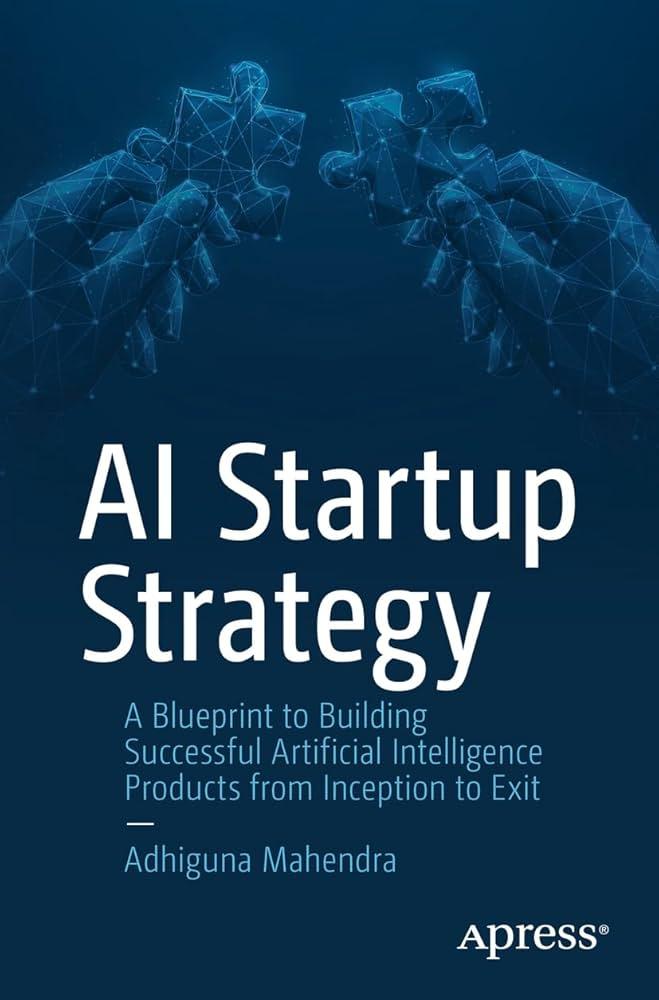Helsings Innovative Approach to AI-Driven Military Technology
Helsing is carving a niche in the defense sector with its state-of-the-art AI-driven technologies that are redefining how military operations are conducted. By integrating machine learning and advanced algorithms into drone technology, the startup is ensuring that Europe remains at the forefront of modern defense capabilities. This innovative approach enables military personnel to harness real-time data, optimizing decision-making processes and enhancing operational effectiveness. Key features include:
- Autonomous Target Recognition: Utilizing AI to identify and distinguish potential targets, reducing the risk of human error.
- Swarm Technology: Employing multiple drones working in unison, allowing for more complex and adaptable strategies in the field.
- Real-Time Data Analytics: Leveraging big data to provide actionable insights and improve mission outcomes.
Furthermore, Helsing’s commitment to collaboration with European defense institutions showcases its dedication to creating solutions tailored to the specific needs of the region. By fostering partnerships and utilizing cutting-edge research, the company is not only enhancing military readiness but also paving the way for pioneering innovations in defense. This collaborative ethos is evident in their initiatives that aim to merge civilian technology with military applications, resulting in:
- Cross-Functional Expertise: Blending knowledge from various sectors to build versatile drone capabilities.
- Sustainability Measures: Developing eco-friendly technologies to minimize the environmental impact of military operations.
- Localized Manufacturing: Setting up production facilities within Europe to stimulate local economies and ensure quick deployment.

Balancing Ethical Considerations in the Development of Combat Drones
The integration of artificial intelligence in combat drones raises profound ethical questions that need to be addressed as companies like Helsing innovate within this domain. Key considerations include the potential for autonomous decision-making in lethal scenarios, which could lead to unintended consequences and raise concerns about accountability. As societies grapple with the implications of weaponized technology, there is a pressing need for robust frameworks that ensure such innovations adhere to ethical standards and respect human rights. A transparent dialog among technologists, military leaders, and ethicists is essential to navigate these complex issues and shape the future of drone warfare responsibly.
Furthermore, the development of combat drones should incorporate guidelines that prioritize civilian safety and the reduction of collateral damage. The potential for misuse or escalation of conflicts underscores the importance of creating systems that are not only technologically advanced but also reflect a commitment to ethical practices. This entails rigorous testing and evaluation protocols, comprehensive training for operators, and strict oversight mechanisms. By fostering a culture of accountability and ethical responsibility, Helsing and similar startups can contribute to a balanced approach that prioritizes both security and humanitarian considerations in the evolving landscape of modern warfare.

The Strategic Importance of Localized Defense Manufacturing in Europe
The surge in geopolitical tensions across Europe has underscored the necessity for localized defense capabilities, particularly in advanced technology sectors like unmanned aerial vehicles. In this context, AI startup Helsing’s foray into drone manufacturing becomes critically relevant. With enhanced self-sufficiency, European nations can reduce dependency on foreign defense suppliers and better tailor their military solutions to meet regional security challenges. Localized production not only fosters innovation but also strengthens national security by ensuring that strategic assets are developed, maintained, and deployed within the continent.
Localized defense manufacturing can provide several key advantages, including:
- Faster deployment times: Reduced logistics and supply chain complexities allow for quicker operational readiness.
- Customized solutions: Technologies can be adapted to meet the specific needs of each nation’s military forces.
- Job creation: Investment in local industries bolsters economies and generates skilled job opportunities.
- Enhanced collaboration: Encourages partnerships between governments, private sector tech firms, and research institutions.
This strategic pivot towards localized production, exemplified by Helsing, positions Europe to not only safeguard its interests but also to innovate in the face of emerging threats. As European nations assess their defense strategies, the integration of cutting-edge AI and drone technology will remain at the forefront of this evolution.

Navigating Regulatory Frameworks for Emerging Military Technologies
As military technologies rapidly evolve, the regulatory landscape is struggling to keep pace. The integration of artificial intelligence into defense applications, particularly in autonomous systems like attack drones, raises a host of questions for policymakers. Key considerations include:
- Compliance with International Laws: Nations must navigate complex treaties and agreements that govern the use of military force and autonomous weaponry.
- Ethical Standards: There is an urgent need to define ethical frameworks that ensure responsible AI usage in warfare.
- National Security Risks: Balancing innovation with the potential for misuse requires careful regulatory oversight.
Furthermore, as startups like Helsing enter the fray, traditional defense procurement processes may face significant disruptions. Governments will need to work in tandem with these entities to ensure that emerging technologies do not outpace legal interpretations. Engaging in dialog with industry leaders and creating adaptable legal frameworks will be essential for allowing innovation while safeguarding against unregulated military applications:
- Interagency Collaboration: A unified approach across defense, technology, and legal sectors can streamline regulatory processes.
- Public-Private Partnerships: Collaborations between governments and innovative firms like Helsing could pave the way for responsible technological advancement.
- Continuous Monitoring: Ongoing assessment of AI developments will help ensure compliance with evolving standards and practices.
